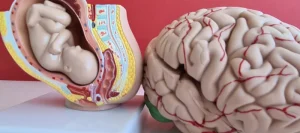
If you’re experiencing a panic attack after drinking, it can feel really scary. But there are things you can do to help yourself feel better. These tips can help manage those tough moments when anxiety after drinking alcohol hits.
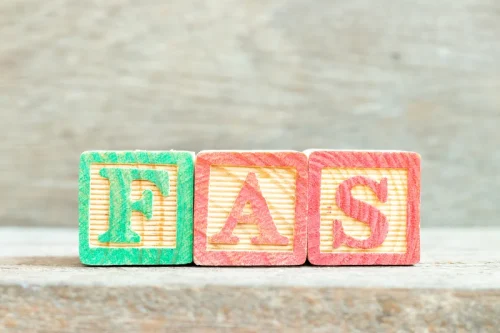
More on Panic and Alcohol
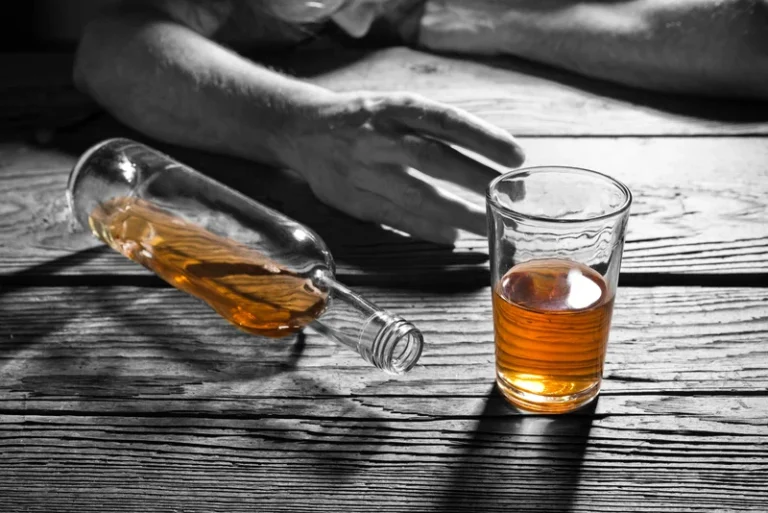
For women, the number of drinks necessary to produce this effect may be lower. In many cases, even moderate drinking (defined below) appears to increase risk. Despite this, less than half of the US public is aware of any alcohol-cancer connection.
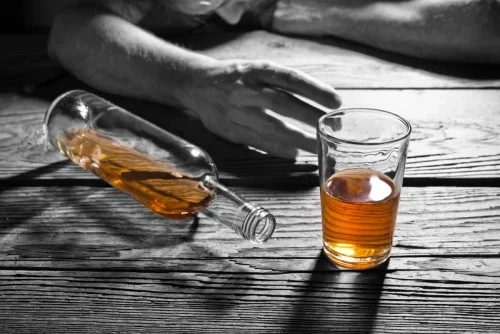
Get Professional Support
They can be frightening, but they’re not dangerous and shouldn’t harm you. Nausea or stomach discomfort can arise, sometimes leading to digestive issues. Muscle tension, especially in the neck and shoulders, is also prevalent. Treatment for alcohol induced panic attack AUD often involves a combination of therapy, support groups, and medication.
- If someone in your family struggles with anxiety or alcohol-induced panic attacks, you might be a bit more prone to them.
- Anxiety seems to be a bedfellow of alcohol — and for many reasons.
- One study found that, six months after participating in Dry January, 40 percent of participants reported drinking less often and having fewer drinks, whereas 10 percent reported the opposite.
Moderate Drinking Carries Health Risks—Here’s How to Imbibe More Safely
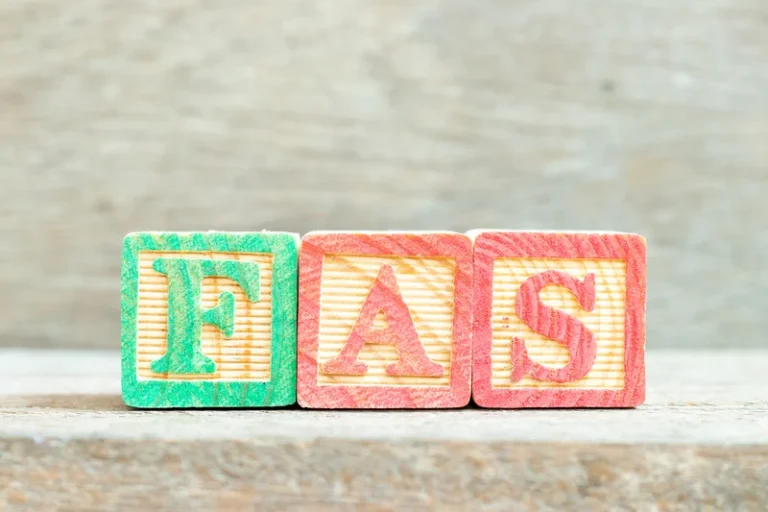
If all goes well, you should see a significant improvement in both frequency and intensity. If not much has changed, look for consistencies in panic attack triggers so you can heroin addiction avoid them in the future. It makes sense why people reach for a drink as a stress reliever. As alcohol is a sedative and depressant, it can relieve feelings of fear and anxiety in the moment.
- Alcohol has an effect on brain chemistry – it can induce panic because of its effects on GABA, a chemical in the brain that normally has a relaxing effect.
- Long-term alcohol abuse can fundamentally change the structure of the brain.
- Long-term alcohol misuse can not only induce panic attacks but can also lead to PTSD.
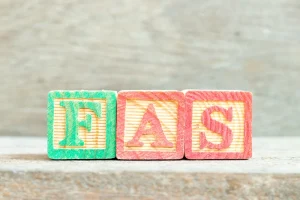
A panic attack is a sudden episode of intense fear accompanied by a variety of physical symptoms despite no apparent danger. One of the most distressing factors about having panic attacks is how they seem to come out of the blue which further perpetuates the experience of being out of control. It is common for people to mistake the intense https://ecosoberhouse.com/ symptoms of a panic attack as a heart attack or a psychotic episode. Although it’s not uncommon for people to experience one or two panic attacks during their lifetime, some individuals must deal with them regularly. Given their unpredictable nature, people who suffer with panic disorder find that the anticipation of the next wave of panic is generally worse than the panic itself.
Medical professional hub
- Having a substance use disorder can also increase the chance of having an anxiety disorder.
- Another example could be someone experiencing a panic attack during alcohol withdrawal.
Low levels of serotonin have been linked to increased anxiety. This is why after a couple of drinks you might start to feel anxious or on edge. Alcohol is a drug like any other, and anything that affects your body like alcohol does has the potential to contribute a great deal to your panic attacks and anxiety more generally. For this reason, those that have panic attacks should strongly consider avoiding alcohol wherever possible.

